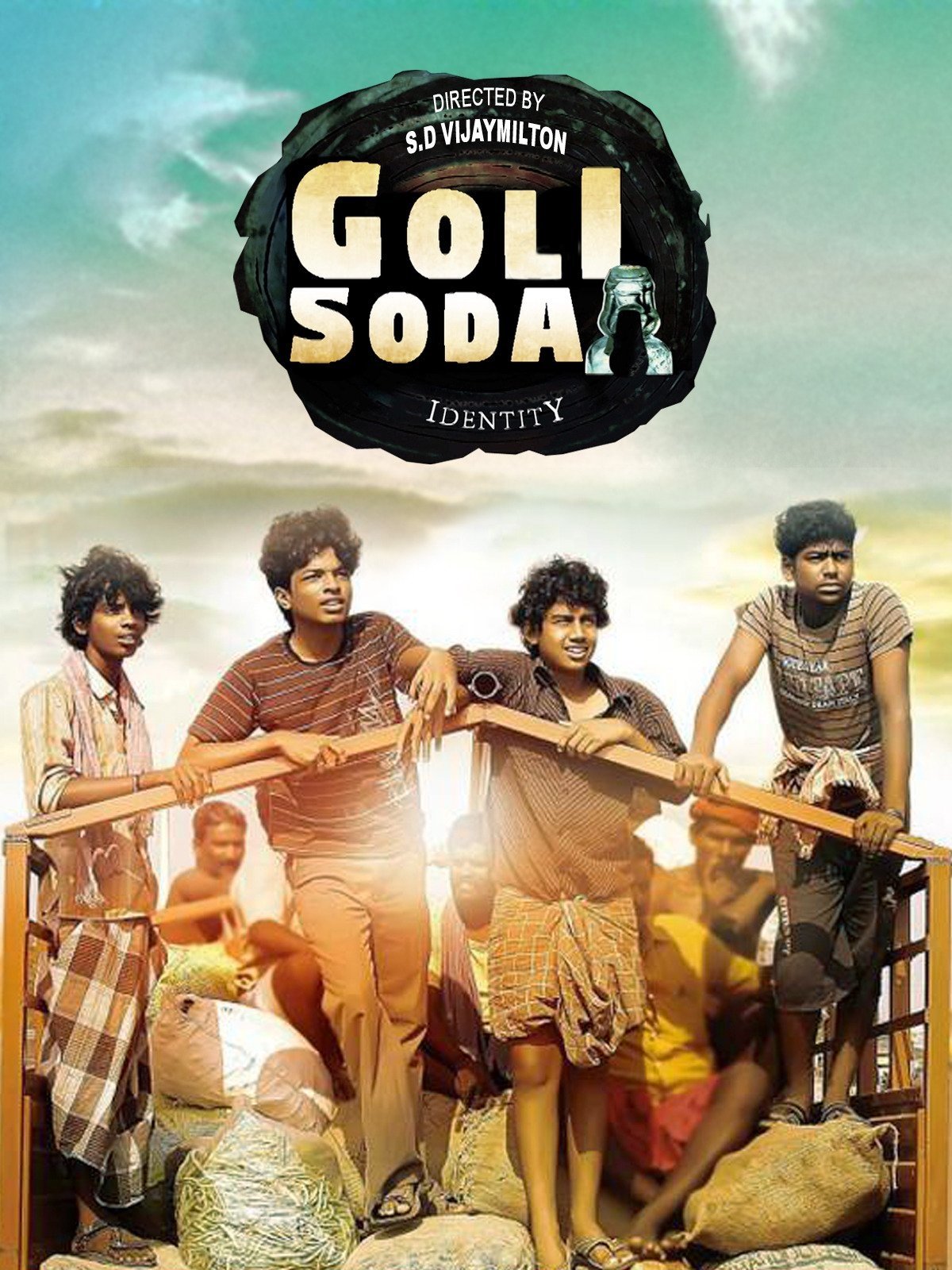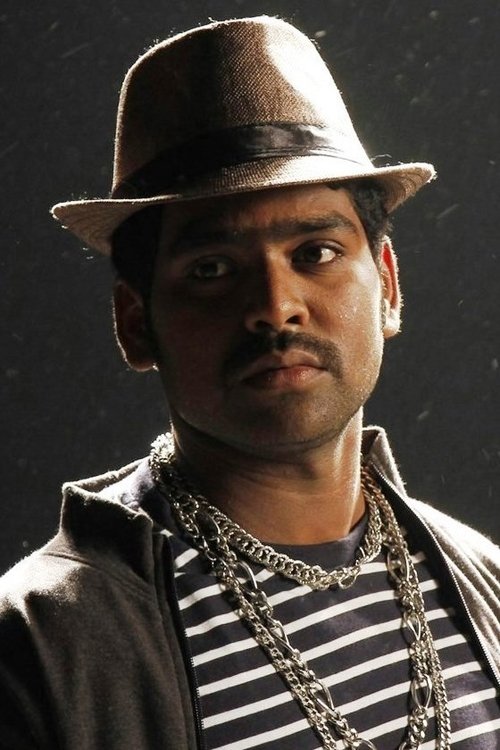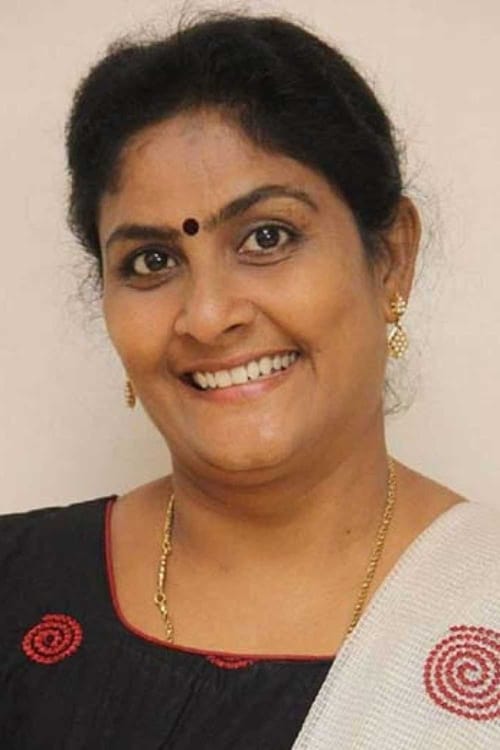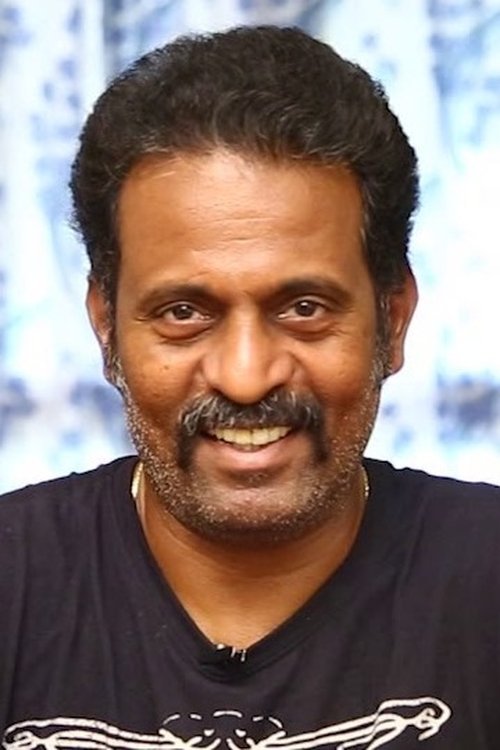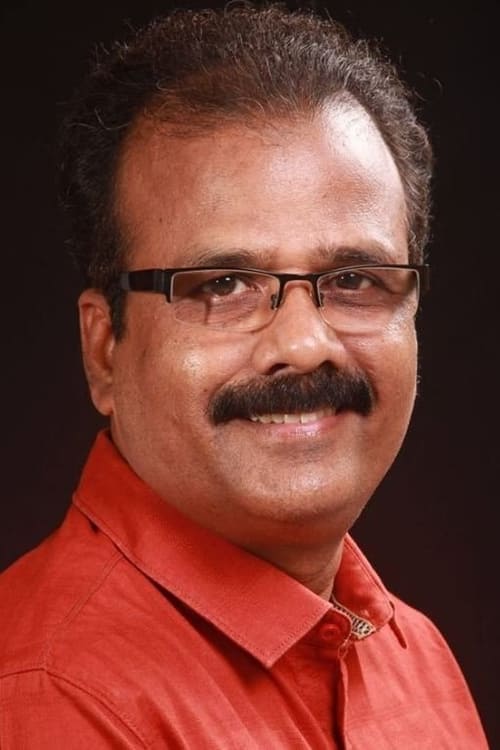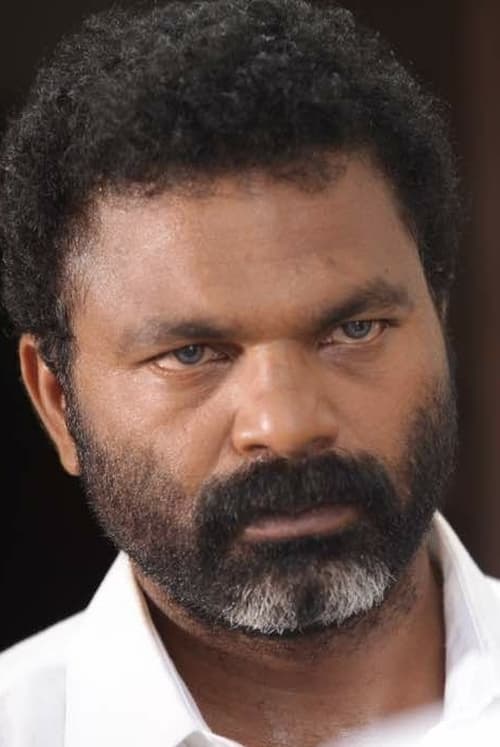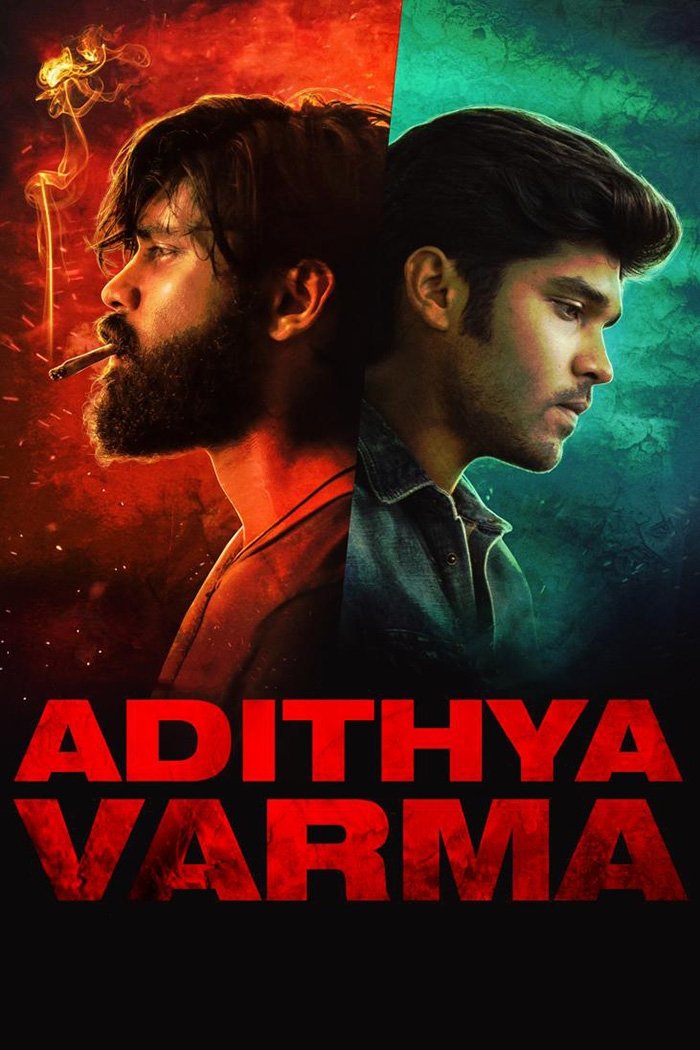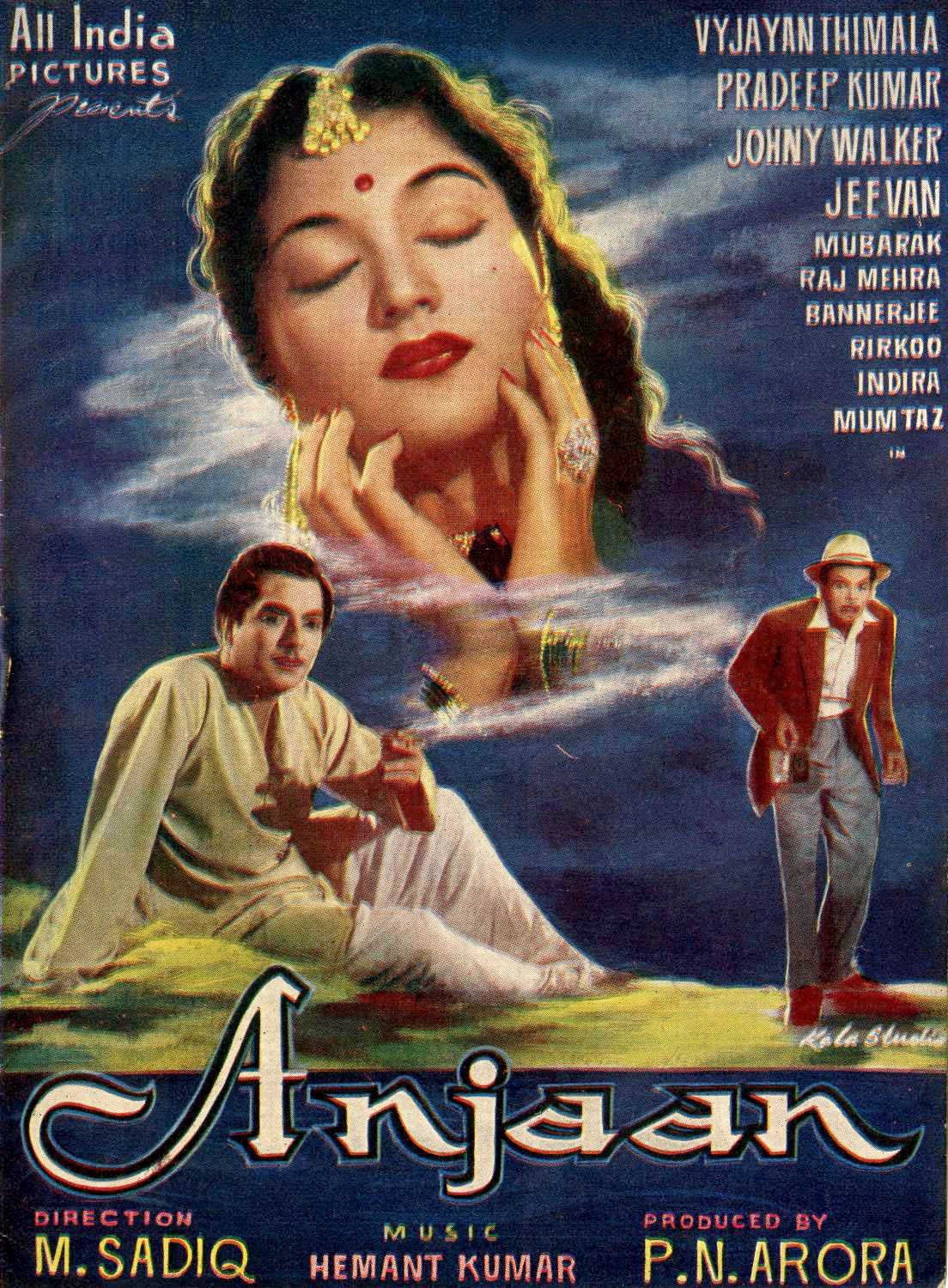Goli Soda
6.5
7 Votes
Four lads find themselves in a situation where they have to take on a powerful man (and his innumerable henchmen) to reclaim their identity.
Trailers & Clips
2013-12-13T13:48:52.000Z
Images (Backdrops)
Cast
Kishore DS
PulliSree Raam
SettuTamizh
SithappaMurugesh
KuttimaniSeetha
Vanmathi (ATM)Chandhini
YaaminiImman Annachi
ManthiravadhiSujatha Sivakumar
AachiMadhusudhan Rao
NaiduMeenal
Naidu's nieceSivakumar
Inspector PerumalR. K. Vijay Murugan
MayiluSenthikumari
Naidu's wifeUser Reviews

timesofindia
June 23 2021 09:57:27 PM
